Many liberal democracies already have a First Nations voice
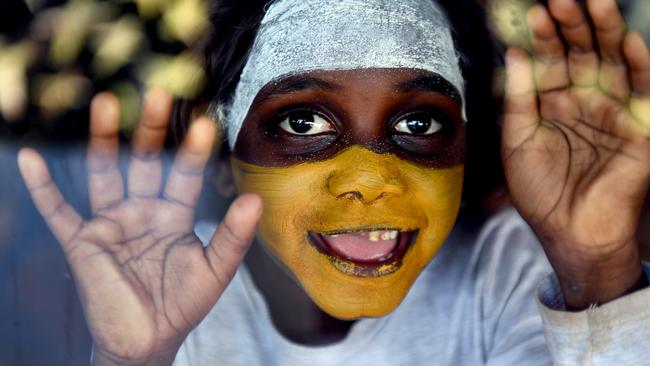
This is because successful liberal democracies are not built on dogmatic ideology – not even the ideology of liberalism. They are built on pragmatic and inclusive compromise.
Their application of liberal principles is supple. It bends to incorporate distinct peoples to broaden and consolidate national unity and stability.
In fact, I can’t think of a successful liberal democracy with a minority indigenous population that doesn’t constitutionally recognise indigenous peoples in some substantive way – except Australia.
Let’s do a survey.
The US has been regarded as a beacon of liberal democracy, with the 14th amendment epitomising the US constitutional commitment to equality. But the US constitution also recognises indigenous peoples. It gives Congress power to regulate commerce with Native American tribes and refers to differentiated tax arrangements for them.
There is a long history of treaty-making with those tribes, whose “domestic dependant sovereignty” – or territorial sovereignty – has been recognised since 1831. The state of Maine since 1820 has reserved (non-voting) legislative seats for tribal representatives who, since 1995, can initiate legislation.
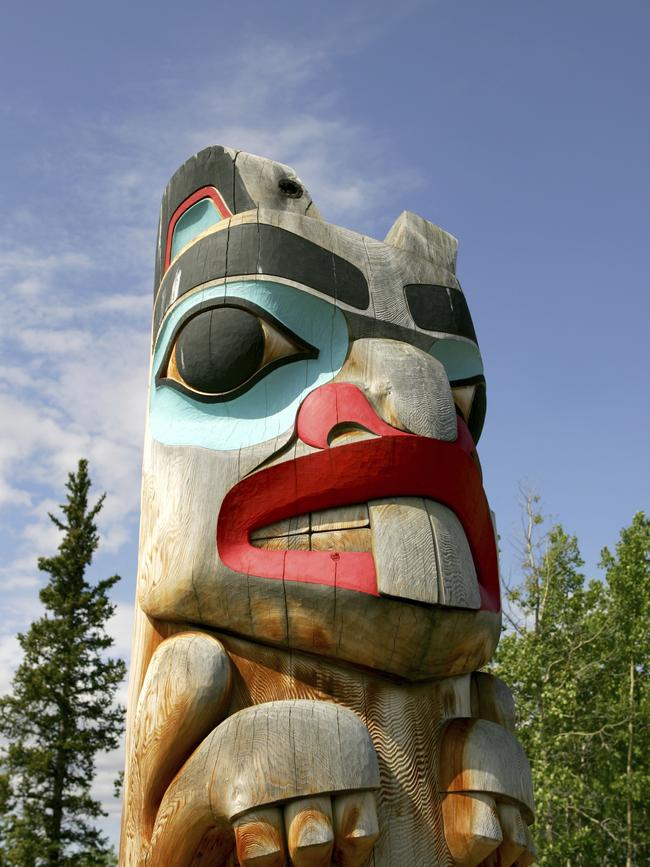
Canada is considered a successful liberal democracy. “Existing aboriginal and treaty rights” were “recognised and affirmed” in its constitution in 1982, while another clause committed to constitutional conferences with indigenous peoples.
Canada has a national Assembly of First Nations, a long history of treaty-making, and the government partners with First Nations peoples on policy development.
Closer to home, New Zealand’s liberal democracy is founded in the 1840 Treaty of Waitangi between Maori and the crown. The parliament has had reserved Maori seats since 1867, while the New Zealand Maori Council – a representative and advisory body – has been empowered to “make representations” to government on Maori policy since 1962.
Let’s turn to Europe, where the indigenous peoples have less melanin. The liberal democracies of Norway, Sweden and Finland each constitutionally recognise Sami rights, and give Sami a voice in their affairs through representative and advisory bodies that have a special role promoting Sami language and culture.
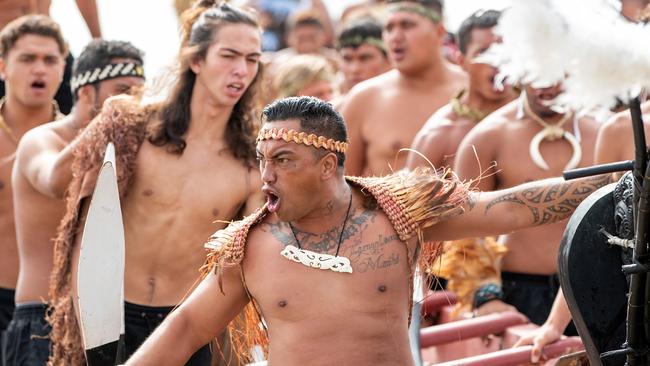
Current debate about what issues a First Nations voice should advise on could learn from the Norwegian Act establishing the Sameting, which defines its business as “any matter that in the view of the parliament particularly affects the Sami people”. A 2005 Consultation Agreement lists matters on which the Sameting should be consulted and enables it to independently identify matters of relevance too.
Even our parent liberal democracy, the UK, constitutionally recognises distinct peoples. The Scots, for example, were ethnically and culturally distinct and considered themselves native to their territory. After defeat in the Anglo-Scottish war, they were forcibly incorporated into a commonwealth with England, but that was not sustainable – the Scots wanted self-determination.

The 1707 Treaty of Union more peacefully united the two kingdoms under one crown and parliament, and guaranteed the Scots special representation in the parliament. Today, Scotland has 59 seats in the Westminster parliament plus its own devolved parliament.
Giving the Scots a voice in their affairs did not prevent the evolution of a great liberal democracy. On the contrary, it facilitated unity and stability through inclusion on fairer terms.
This is what liberal democracies do best: to paraphrase the US constitution’s preamble, they strive for “a more perfect union”.
Australia did not guarantee its indigenous people a voice in their affairs in 1788. There was no treaty, and the Constitution contained clauses excluding them. Today, however, we are working to perfect our union and complete our commonwealth by more fairly including indigenous peoples.
Indigenous Australians are not asking for guaranteed representation in parliament plus their own parliament, as the Scots have in the UK. They’re not asking for a broad justiciable guarantee of indigenous rights, as in Canada.
They are not asking for reserved seats in parliament like the Maori have in New Zealand, or territorial sovereignty like in the US.
The Uluru Statement from the Heart asked for a constitutionally guaranteed indigenous advisory body, to ensure indigenous communities a non-binding say in laws and policies made about Indigenous affairs.
Their call for a voice goes to the heart of liberalism. Given parliament and government make laws and policies about Indigenous affairs, Indigenous peoples should have a guaranteed say in those laws and policies.
As philosopher Jeremy Waldron has argued, those who are “required to comply with a decision are surely entitled to some sort of voice in that decision”.
To quote Mill: “If he is required implicitly to obey, he should be legally entitled … to have his consent asked, and his opinion counted at its worth.”
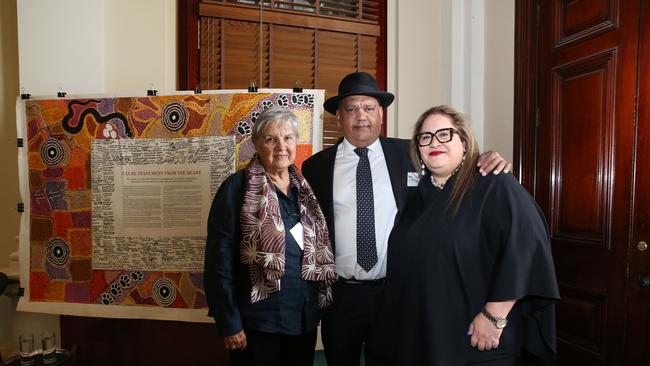
Ordinary democratic processes have not enabled the 3 per cent indigenous minority – Australia’s most disadvantaged group – to be properly heard in decisions made about them. Witness the recent scrapping of alcohol bans up north, against the wishes of many Indigenous communities.
The status quo has produced poor results. We are failing to close the gap. The bleak reality of Indigenous inequality sits starkly against the lofty equality rhetoric espoused by opponents of an Indigenous constitutional voice.
Shireen Morris is a constitutional lawyer and director of the Radical Centre Reform Lab at Macquarie University Law School.

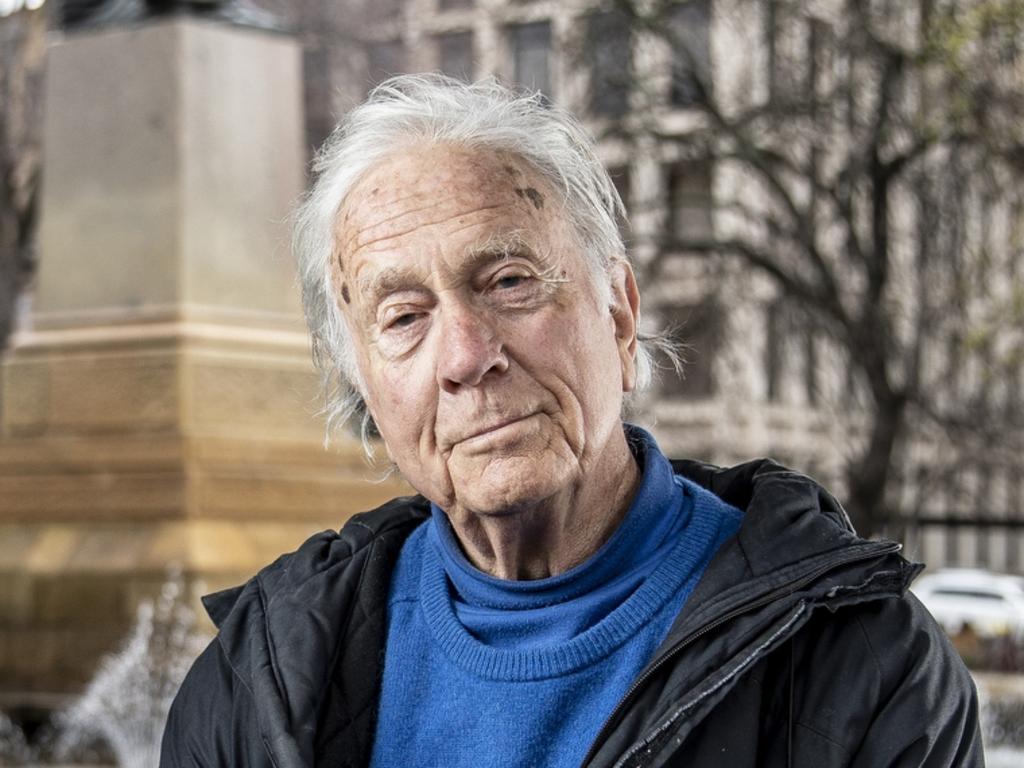
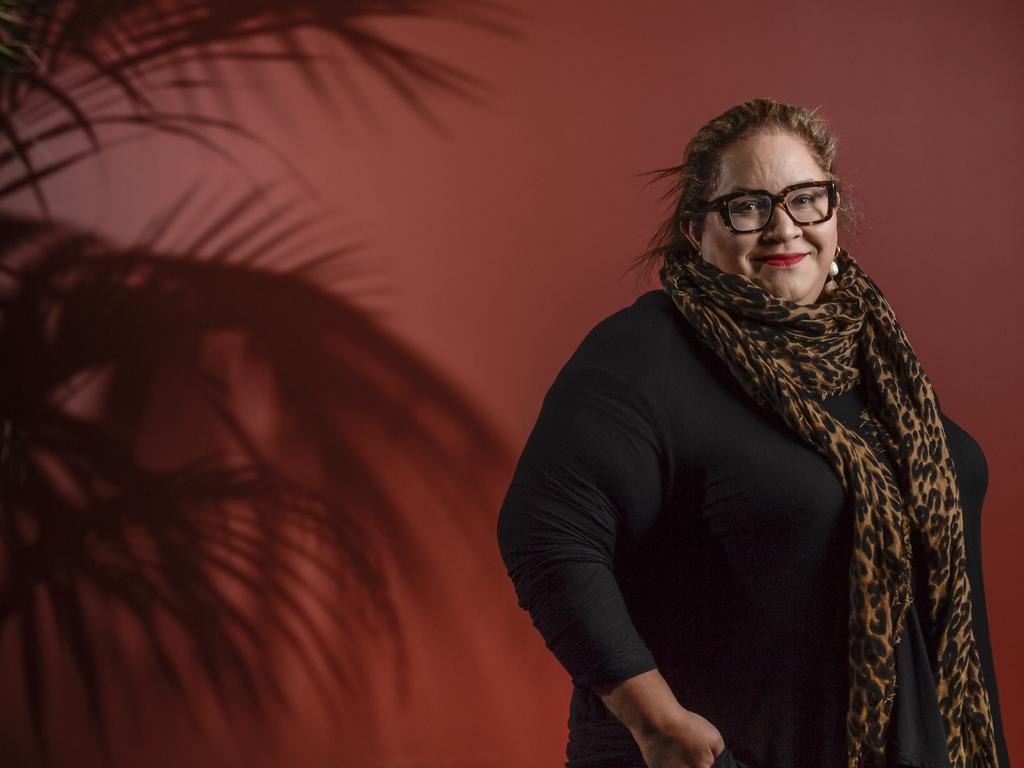
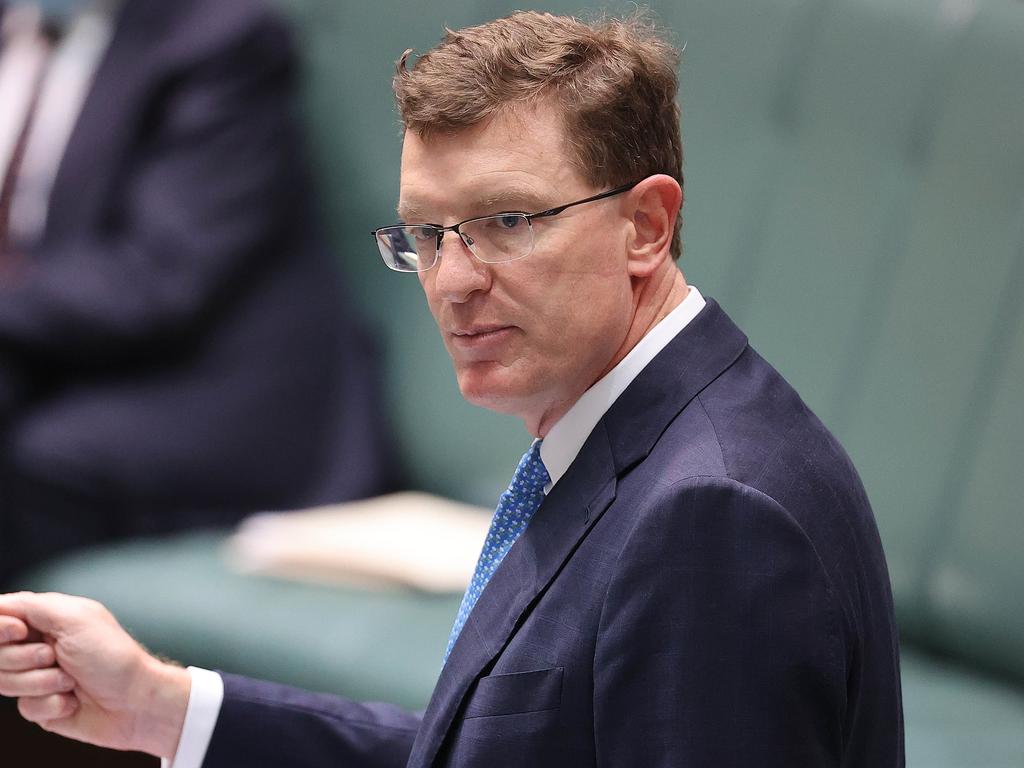


Liberal democracies worldwide value equality and recognise indigenous peoples in their constitutional arrangements, often by ensuring them a specific voice in political processes.